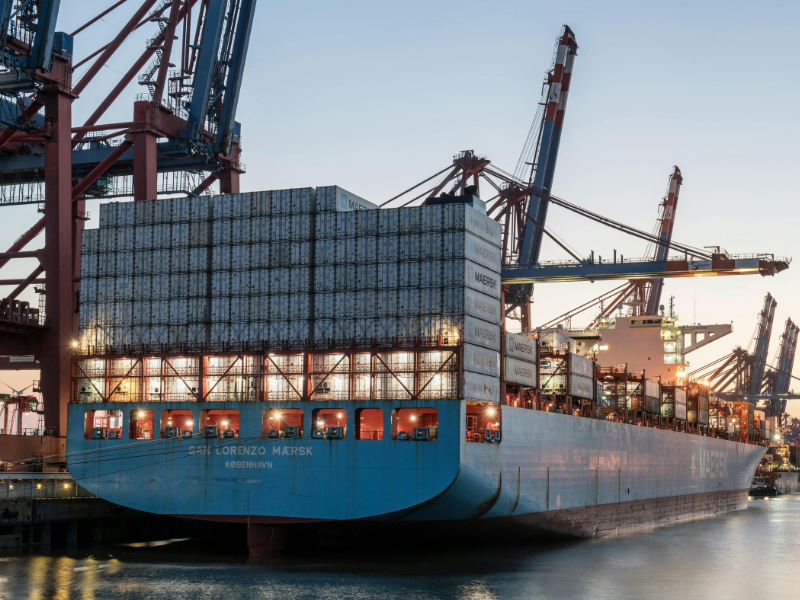Innovating waterborne transportation
25037
TML is conducting a European study that explores how innovation can support a greener, more competitive waterborne transport sector. TML leads the analysis of remote navigation, energy conversion, and storage technologies, and coordinates the technical and market assessments.
Together with Ramboll, the University of Antwerp, and DST, TML is working on a new European study to explore how innovation can drive the future of waterborne transport—both maritime and inland navigation. The aim is twofold: to help decarbonise the sector while also boosting Europe’s competitiveness, strategic autonomy, and economic security. The study will assess how current and emerging technologies can contribute to a more sustainable and resilient waterborne sector.
A wide array of technology groups will be explored, including:
For each, the study will conduct a comprehensive SWOT analysis, looking at everything from lifecycle and market dynamics to supply chains, know-how, human capital, and intellectual property. The end goal: a detailed picture of Europe’s industrial capacity and innovation potential in this strategic sector.
TML will take the lead on three technology areas: remote-controlled and autonomous navigation, energy conversion systems, and energy storage solutions. We will also coordinate the technical and market analyses across all technology groups.
Together with Ramboll, the University of Antwerp, and DST, TML is working on a new European study to explore how innovation can drive the future of waterborne transport—both maritime and inland navigation. The aim is twofold: to help decarbonise the sector while also boosting Europe’s competitiveness, strategic autonomy, and economic security. The study will assess how current and emerging technologies can contribute to a more sustainable and resilient waterborne sector.
A wide array of technology groups will be explored, including:
- Shipbuilding and retrofitting
- Port infrastructure
- Remote-controlled and autonomous navigation
- Energy conversion and storage systems
- On-board after-treatment solutions
- Energy efficiency technologies
For each, the study will conduct a comprehensive SWOT analysis, looking at everything from lifecycle and market dynamics to supply chains, know-how, human capital, and intellectual property. The end goal: a detailed picture of Europe’s industrial capacity and innovation potential in this strategic sector.
TML will take the lead on three technology areas: remote-controlled and autonomous navigation, energy conversion systems, and energy storage solutions. We will also coordinate the technical and market analyses across all technology groups.


